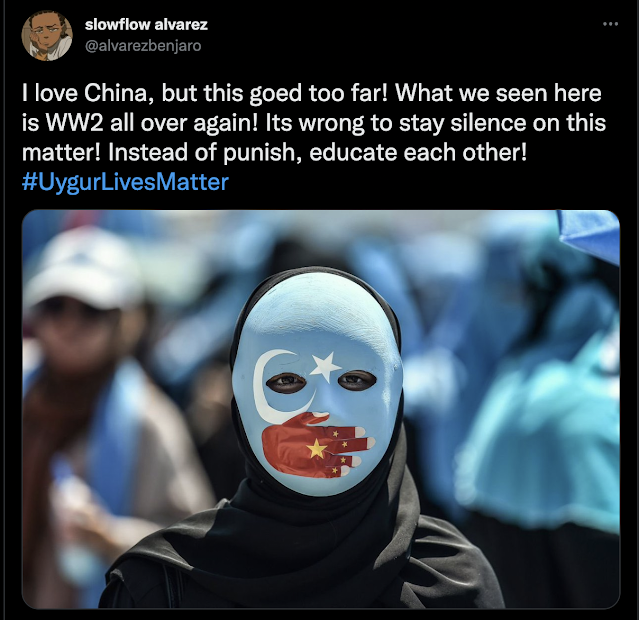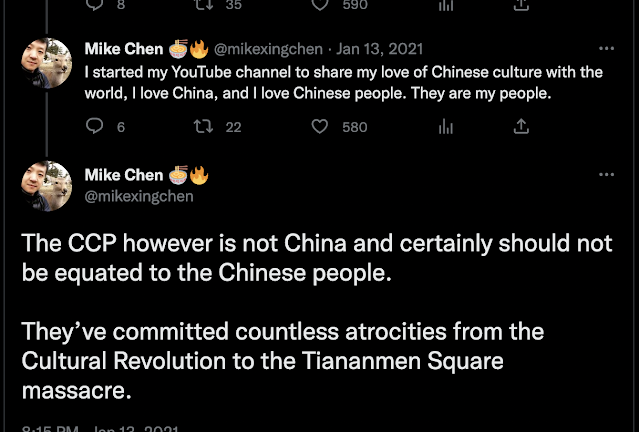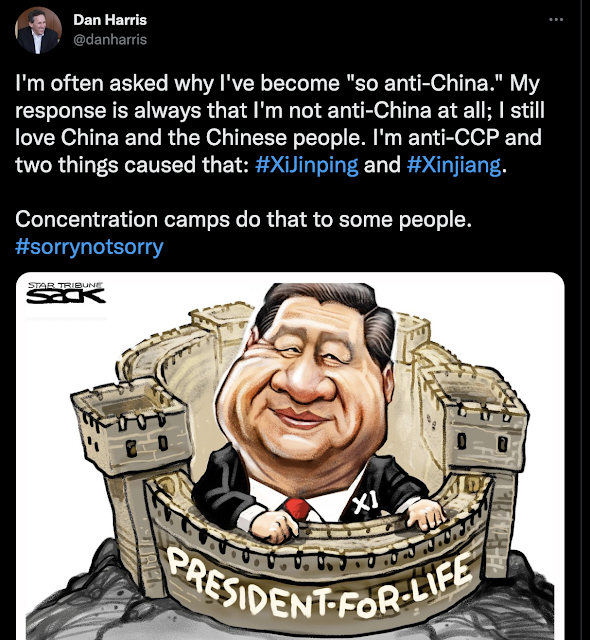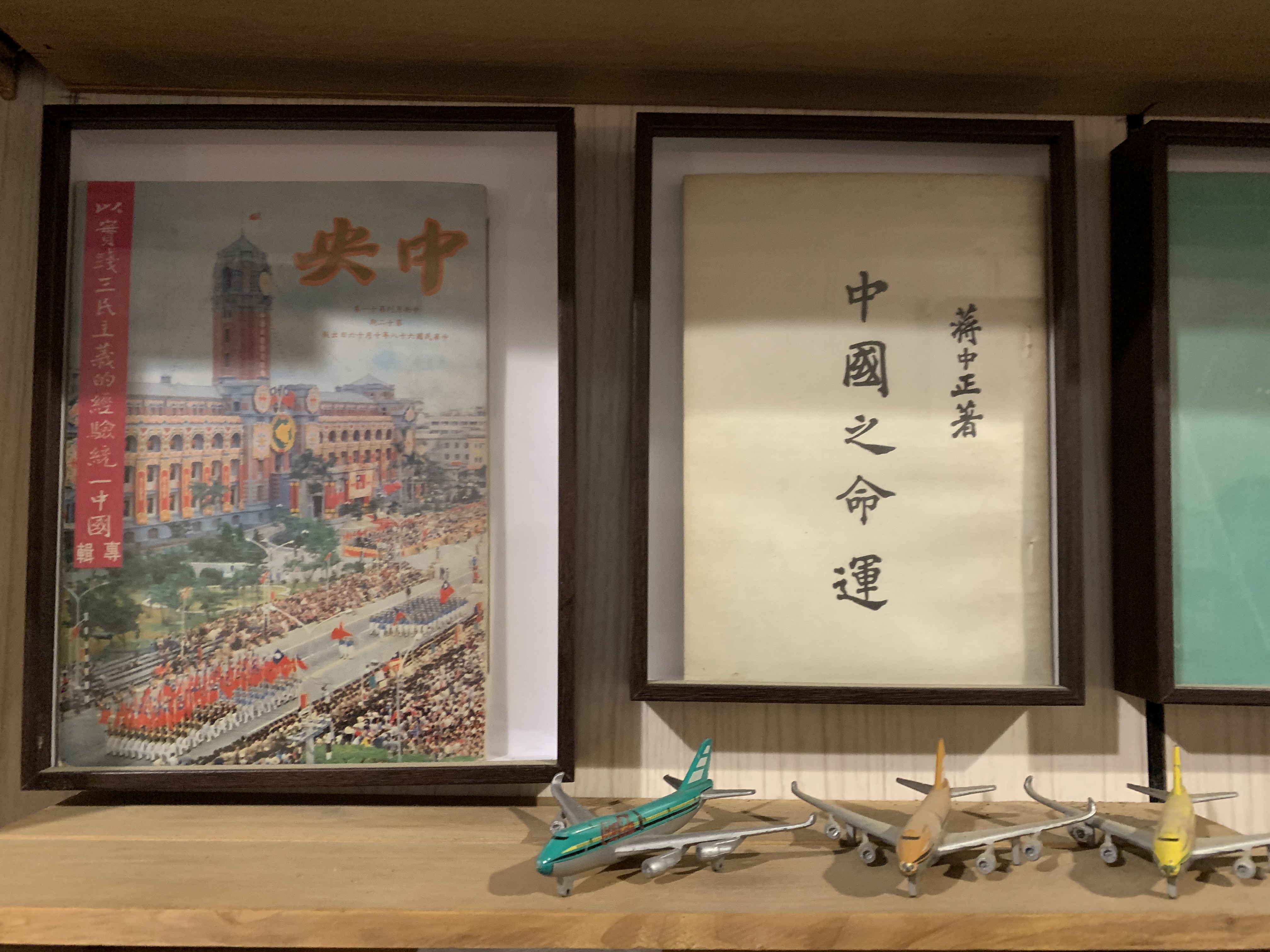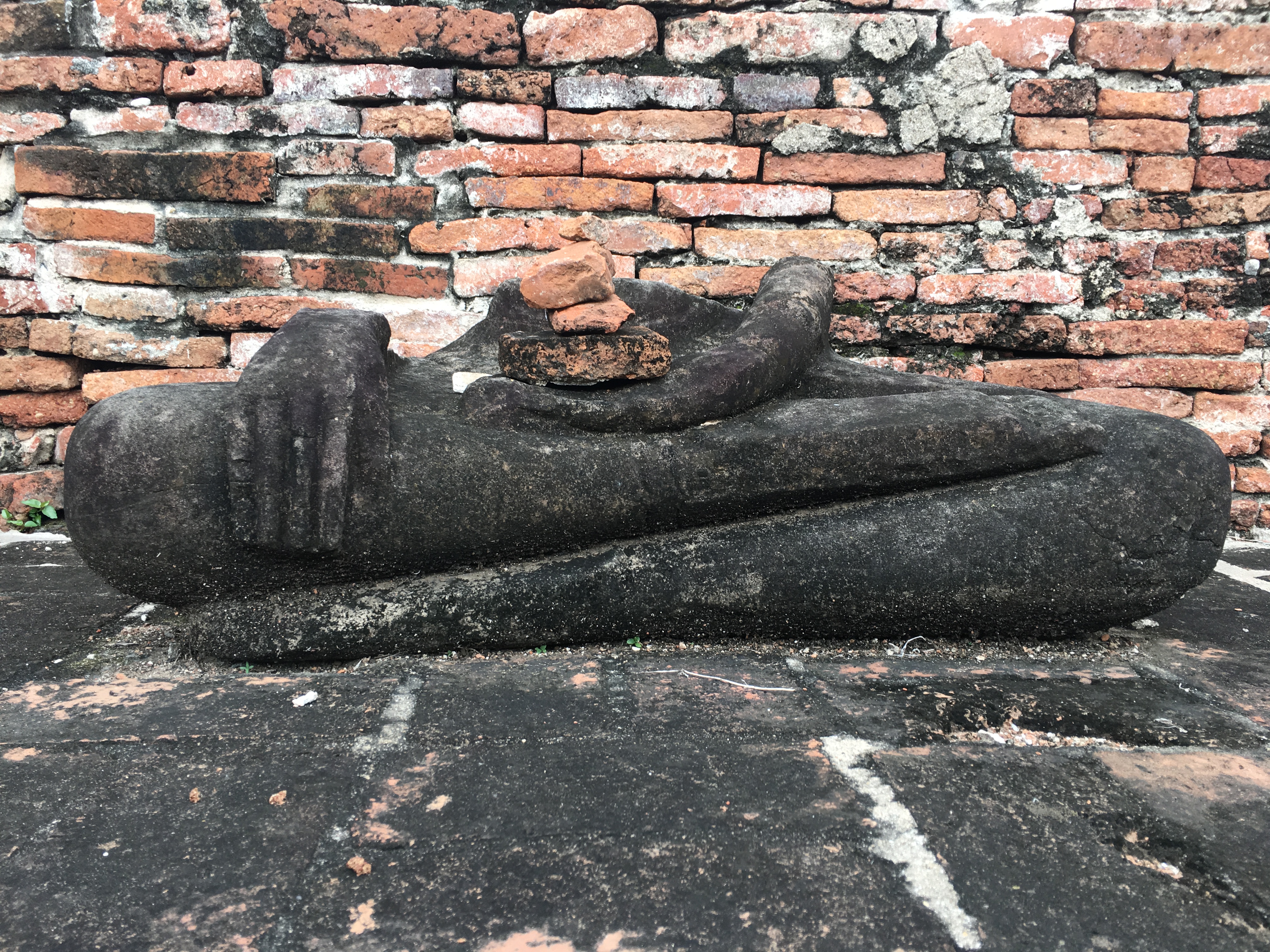
Content note: this post contains some descriptions of a health issue and its treatment. If such things make you uneasy, you may not want to read ahead.
“In Taiwan this would have been resolved by now,” I huffed. “Fixed in less than a day. Ouch…ew!”
Brendan mumbled in agreement but did not look; only parents of sick young children and trained medical professionals should have to witness the drama playing out on my right thumb. We were in Portland, Oregon, at the dining room table of our friend’s mother-in-law, and I was doing some very gross things with my miniature medical mis-en-place.
During the Las Vegas segment of our Great West Coast Tour (to New Englanders like us, Vegas counts as “West Coast”) I developed what appeared to be a mild case of paronychia. An infection around the nail. By the day of my brother-in-law’s wedding it was clearly not resolving itself. I bandaged it for our trip to the Grand Canyon because it hurt to touch anything without warning.
When we reached Portland, the side of my thumb had puffed from pink to a furious red. My basic travel medical kit didn’t have the means to deal with this; I needed antibiotics.
“I just really don’t want to deal with the American medical system,” I said, even though we had travel medical insurance.
We flew to Portland to visit old college friends. Someone produced Epsom salts; I submerged my thumb as Brendan cut up a dinner salad, my friends and I complained about politics and we all kept an eye on the kids.
When I lifted my thumb out of the hot Epsom mug, my thumb had puffed up to sci-fi proportions. My finger had quite literally gone pear-shaped. A little white bulb of pus had gathered under the skin next to the nail.
My friend’s recommended urgent care clinic didn’t seem to be covered by our travel insurance. I called the insurer for a recommendation and was given a code to use for another one; it didn’t work. The provider tried to help, but ultimately sent us back to the insurance company, who confirmed that it never actually works and we’d have to pay out of pocket and submit a claim. We weren’t looking at huge sums of money, but I didn’t really want to submit something after the fact when it might get rejected. We tried another in-network provider and set up an online appointment for the next day, but then once again found that they couldn’t actually locate our provider information. At that point I was desperate — I could barely type.
The whole affair took an entire evening, just to find a provider and make an appointment.
The online consultation was fairly straightforward: I clearly had a paronychia, and I needed antibiotics. The nurse practitioner prescribed some and recommended I either come in to have it lanced, or I do it myself at home.
“What does it cost to come in?” I asked.
“It starts at $99,” she said. On top of the hundred bucks I paid for the consultation.
That’s how I found myself at a dining room table laying out alcohol wipes, cotton pads and needles on a bed of tissues. I sterilized a needle and gently lanced the white bit. It didn’t hurt, which was probably a bad sign.
The pus came out in fat yellow drops, staining the cotton pads a freaky green color. The pharmacy wouldn’t open until 11am, giving me plenty of time to relieve as much pressure as possible on my poor pear-shaped thumb. The result felt weirdly hollow, like a drained blister, but deeper under the skin.
With our friend’s husband working the next day, we couldn’t fit into her car with the two children’s car seats. So we took an Uber to CVS while she drove the kids to a nearby cafe with big couches, with plans to meet there once I’d procured the antibiotics.
Total time spent: six days from when I would have seen a doctor in Taiwan to when I actually saw one in the US. As I write this, the infection has not completely cleared; I feel like I have a shrinking cystic zit under my thumb pad.
Total money spent: $140 US dollars, including the online consultation, two Uber rides and antibiotics. That’s on top of an insurance premium for three weeks of coverage that cost four times what we pay in Taiwan each month for National Health Insurance, and their actually covering it is not yet assured.
Here’s how it would have gone in Taiwan: the same day I realized the infection wasn’t resolving itself as expected, I would have likely seen a doctor within walking distance or a short ride away on public transportation. In a hurry, I might have taken taxis for a total of about US$10. I would have immediately been given antibiotics and the doctor likely would have done a better job lancing it than I had.
There would have been no question of National Health Insurance covering it. That’s why it exists. The appointment and the antibiotics would have cost about US$5.
In the US we were lucky to be staying with friends for most of our trip (which is, of course, how we could afford it). We thus had immediate access to basic medical supplies. However, there should have been no need to wait that long to decide medical attention was necessary — letting the infection get a little out of control — spend that much time finding a provider, spend that much money and then lance it myself.
In Taiwan it would have been a non-issue.
The mundanity of all this is the point: I’m telling you this gross little story exactly because it’s so banal. My only personal experience with the American medical system in 18 years was, in fact, not terrible. I needed medical care and got it, and the cost was something I could afford. That’s frankly unusual, and I was extremely lucky.
But here’s the thing — even a not-terrible, incredibly boring (yet pus-filled) outcome was still worse in the US than it would have been in Taiwan. It’s easy to point to medical horror stories in the US and compare them to the rest of the developed world: impossible bills, long emergency room waits, avoiding ambulances because you can’t afford them, drugs you break the bank to pay for, long appointment lead times.
Comparing a fairly good US outcome to Taiwan and still seeing the US come up short? I think that says something. Even when the American medical system basically works, it can’t compete with a small island nation that only recently developed and democratized. You don’t need a horror story to prove this. What is so thoroughly wrong with the US that it can’t even treat a simple paronychia without undue expense and stress?
We were ultimately charged for the consultation, and now have to figure out whatever complicated procedure is required to submit a claim, which may or may not be rejected.
This should not happen, and in Taiwan it would not happen.
The US delivered a thoroughly acceptable treatment for my messed-up hand, and it was still more expensive, time-consuming and complicated than the same thing would have been in Taiwan. Frankly, that looks really bad for the US.




